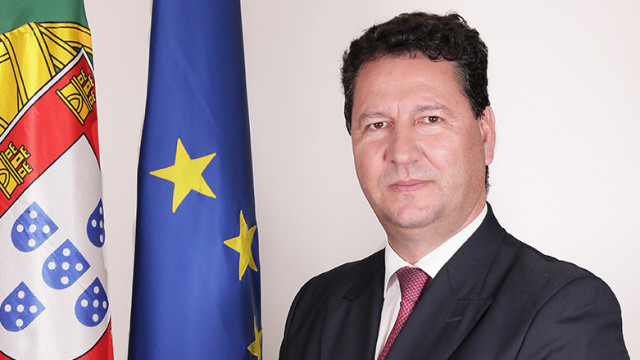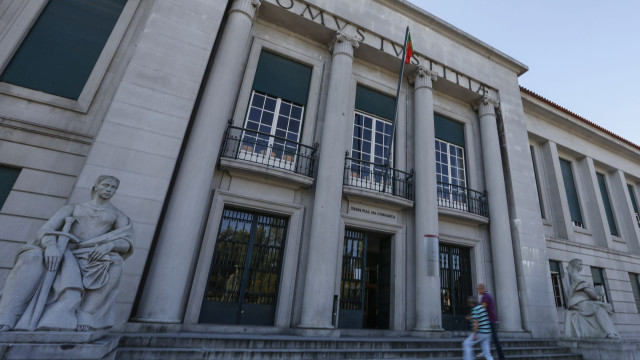
The foundation announced in a statement that the new president, a former board member and vice president, possesses “a deep understanding of the institution and a recognized career in the fields of culture and management.”
The previous president, Isabel Pires de Lima, resigned in August citing a lack of “conditions for trust and institutional solidarity” necessary to perform her duties.
In a statement signed by herself, Isabel Pires de Lima, who was appointed president of the Porto-based foundation at the end of last year as a replacement for Ana Pinho (who took over the presidency of the Board of Founders), stated: “After more than half a year of activity, and following deep reflection, I am making this decision because I believe that the current board of directors does not provide the conditions of trust and institutional solidarity for me to fully exercise the role.”
On the same day, August 26, vice president Fernando Guedes was appointed interim president of the Board of Directors, but has now returned to his previous role, according to the foundation’s statement.
During the meeting whose outcome was announced today, it was also communicated and accepted the resignation of board member Carmo Oliveira, to whom the foundation expressed gratitude for her “continuous contribution and commitment to Serralves.” The board of directors announced that a new member will be elected “at an opportune time.”
The current Board of Directors of the Serralves Foundation has vice presidents Fernando Cunha Guedes, Luís Silva Santos, and Paula Paz Ferreira, as well as board members Manuel Sobrinho Simões, Tomás Jervell, Armando Cabral, and Luís Menezes.
According to the foundation’s website, “Serralves began under the presidency of João Marques Pinto (1989-2000), who was then succeeded by Teresa Patrício Gouveia (2001-2003) and later by António Gomes de Pinho (2003-2009), followed by president Luís Braga da Cruz (2010-2015) and, subsequently, Ana Pinho (2016-2024).”
During Ana Pinho’s tenure, in 2021, the foundation’s statutes were revised to allow a third term for the president of the board of directors, previously limited to two terms.




